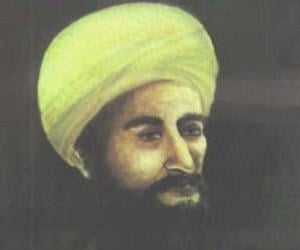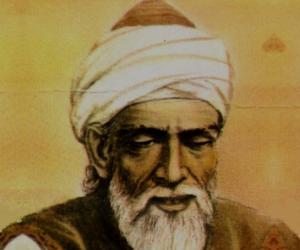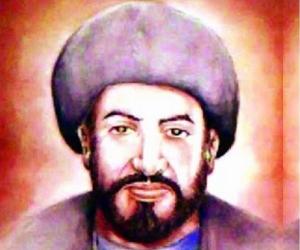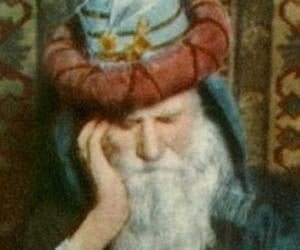Omar Khayyam was a Persian polymath, mathematician, philosopher, astronomer, and poet. In the field of mathematics, he is best known for his work on the classification and solution of cubic equations. As an astronomer, he designed a solar calendar known as the Jalali calendar. His philosophical attitude towards life had elements of pessimism, nihilism, Epicureanism, and fatalism.

Abd Al-Rahman Al Sufi was a Persian astronomer best remembered for his popular work The Book of Fixed Stars which he published in 964. The book was highly influential and is still extant in the form of various translations and manuscripts, the oldest being preserved at the Bodleian Library in the University of Oxford.

Abu al-Wafa' Buzjani was a Persian astronomer and mathematician best remembered for his significant contribution to spherical trigonometry. He is credited with using negative numbers, which were unheard of at that time, in one of his arithmetic works. Abu al-Wafa' Buzjani is also credited with introducing the secant and cosecant functions in trigonometry.

Baha' al-din al-'Amili was an Arab Iranian Shia philosopher, Islamic scholar, architect, astronomer, mathematician, and poet who flourished in Safavid Iran during the late 16th and early 17th century. Baha' al-din al-'Amili was one of the first astronomers in the Islamic world to advocate the possibility of the Earth's movement before the outspread of the Copernican theory.

Abu Hanifa Dinawari was a Persian Islamic Golden Age astronomer, agriculturist, geographer, botanist, metallurgist, historian and mathematician. Thanks to his most famous work Book of Plants, Dinawari is regarded as the founder of Arabic botany.


